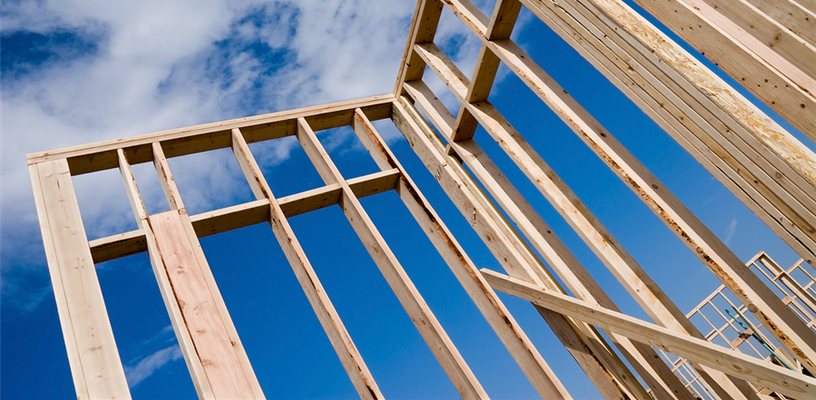
- By Betty Vettor
- Posted Monday, December 31, 2012
Builders Inventory Deferral Program
The General Assembly enacted Session Law 2009-308 which provides a deferment of taxes levied on residences owned and constructed by builders that are unsold as of January 1 of each year. The deferment may be granted based on taxes levied on improvements only – the land is fully taxable. This legislation is effective for 2010 and will sunset in 2013.
- Application - an annual application for this deferment is required. View/print a copy of the application. Completed applications should be mailed to the Forsyth County Tax Assessor, Builder’s Deferral Program, P.O. Box 757, Winston-Salem, NC 27102. Applications should be submitted during the annual listing period which starts on January 1, 2013 and ends on February 1, 2013.
- Eligibility - the property must be owned and constructed by a builder, so a copy of a verifiable general contractor’s license must be submitted with an application for deferral.
- Affected property - taxes will be deferred only on a residence owned and constructed by a builder. A “residence” is defined as “an improvement, other than remodeling, renovating, rehabilitating, or refinishing, by a builder to real property that is intended to be sold and used as an individual’s residence”. The residence must be unoccupied and a certificate of occupancy must have been issued prior to January 1. A copy of the certificate of occupancy must be submitted with the application for deferment.
- Disqualifying Event - a property is disqualified at the earliest of:
- when the builder transfers the ownership of the residence
- when the residence is occupied by the builder or someone other than the builder with the builder’s consent
- five years from the time the improved property was first subject to being listed by the builder. The property is considered improved once the construction of improvements begins
- three years from the time the improved property first received this benefit - Notification - the tax collector will notify the builder of the accumulated sum of deferred taxes and interest by showing said amounts on the annual tax bill.
- Years for which taxes may be deferred - The maximum number of years taxes levied on improvements may be deferred is three years. All deferred taxes plus interest must be paid at the time of a disqualifying event.
- Disclosure of Participation - it will be wise for the qualifying builder, realtors and closing attorneys to check carefully to make sure any deferred taxes are considered upon the sale of a qualifying residence. Past due taxes are enforceable against the owner as of the time the taxes become delinquent, which means unpaid deferred taxes under this program could be enforced against the buyer if not paid at closing.








